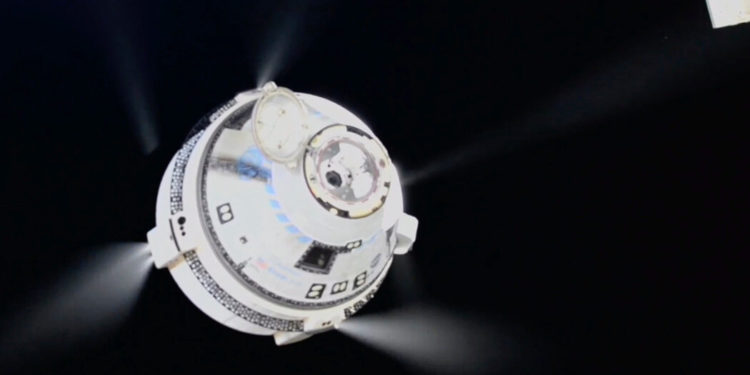SCIENCE FOCUS
This possibility has been seriously considered by modern science, prompted by a number of facts.
Perhaps the most notable one is that if we calculate the size of a black hole with mass and energy equal to all the mass and energy we can see in the Universe, we get a surprising result: it’s almost the same size of the observable Universe!
If this seems odd, remember that a black hole’s radius is directly proportional to its mass, while its volume is proportional to its radius cubed.
So, the more massive a black hole is, the less dense it is.
So a black hole with the Universe’s radius would have roughly the average density we observe in the Universe.
The Universe has other similarities with black holes. For example, if we run the Universe’s expansion backwards, it’s clear that it began with a ‘singularity’ – the Big Bang – a point in time when densities, temperatures and energies were so extreme that the laws of physics break down.
This is mathematically the same as the singularities in black holes.
Black holes also have event horizons beyond which all light and matter is trapped. The Universe has something similar; the cosmological ‘event horizon’, beyond which we can’t see because light from there can’t reach us.


